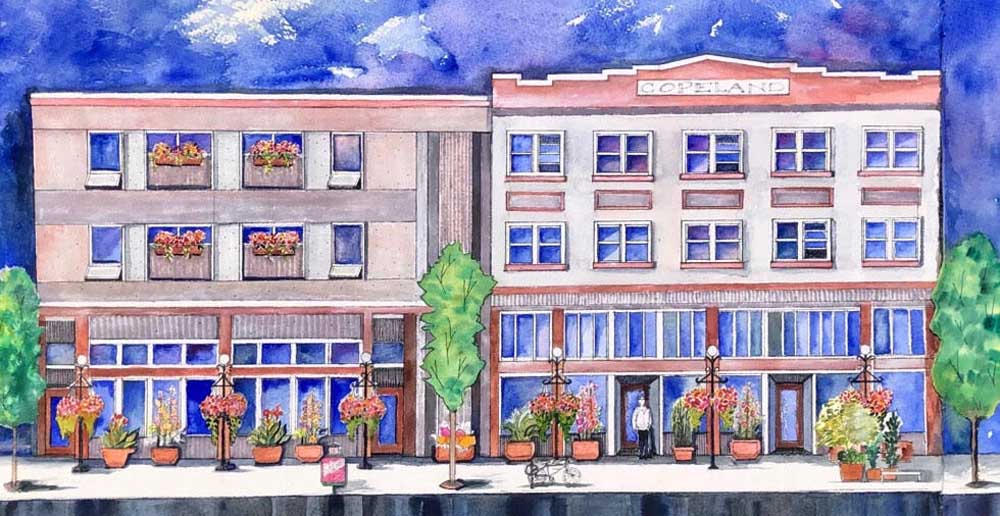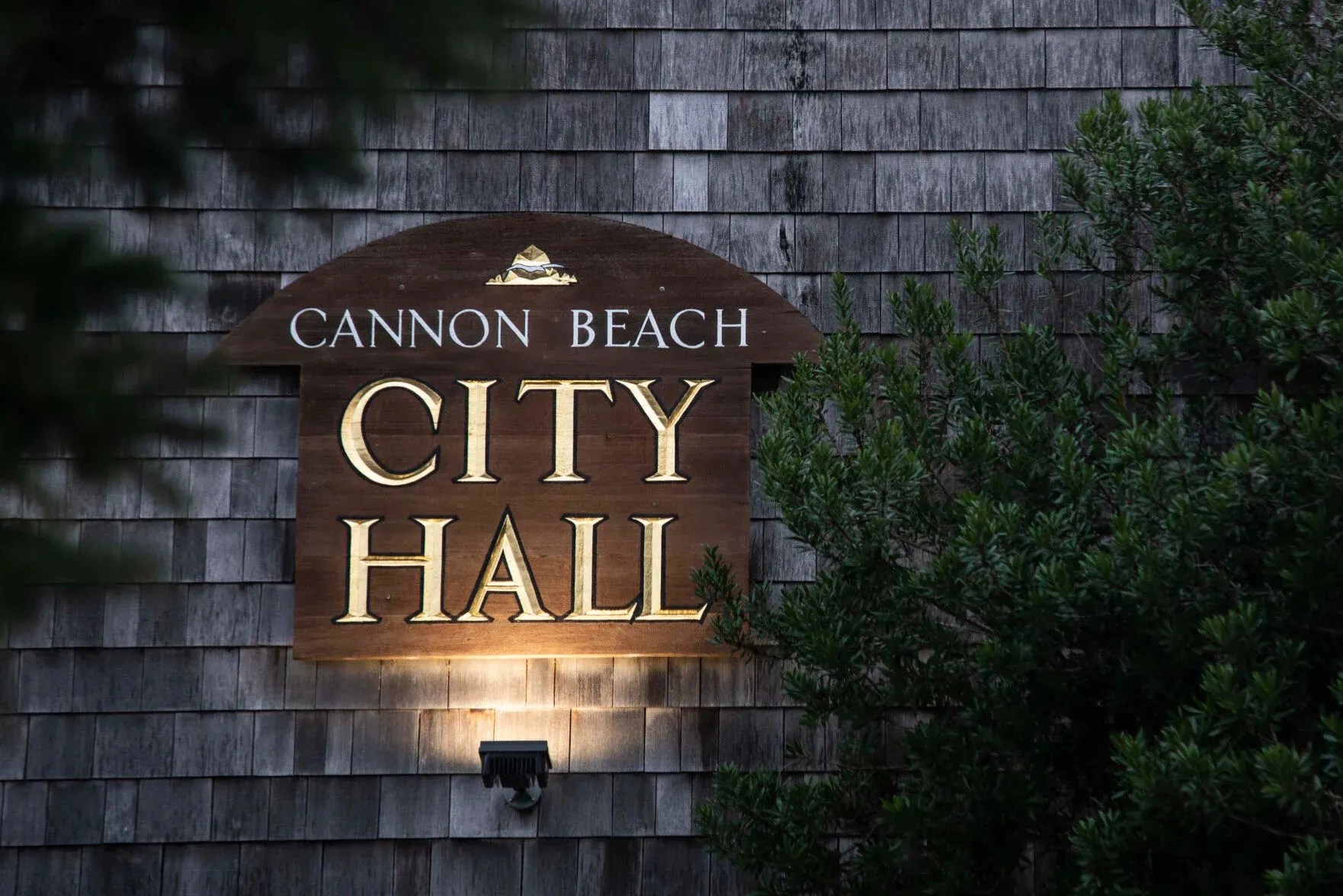Astoria affordable-housing project still needs $700K
Published 2:00 pm Friday, May 30, 2025

- A rendering of Copeland Commons.
Astoria city leaders are considering ways to help close a funding gap for a lower-income housing project downtown.
Copeland Commons, a former historic hotel on Marine Drive, would add up to 68 units to a city that has long felt a lack of affordable and workforce-priced housing.
The Copeland Commons project has been in the works for years, but is on a timeline now to reach its full funding commitment next month and begin submitting for permits by October.
Construction could begin as early as March 2026, according to Julie Garver, the housing development director for Innovative Housing Inc, a Portland-based nonprofit that is partnering with the nonprofit behind the Copeland Commons project. Innovative Housing previously took on the redevelopment of the Merwyn Apartments, another historic hotel turned lower-income housing project in downtown Astoria.
But there is a $700,000 snag — a funding gap that Garver hopes the city can help fill. At a meeting on Wednesday, she asked city councilors, acting as the Astoria Development Commission, to contribute $200,000.
The commission, which oversees the city’s urban renewal districts, has identified housing as a primary priority. On Wednesday, City Manager Scott Spence introduced a proposal to amend the Astor East Urban Renewal District boundary to include the Copeland Commons project and make it eligible to receive urban renewal dollars.
The Astor East Urban Renewal District already encompasses nearly 57 acres and includes key redevelopment projects like the Liberty Theater, the Astor Hotel and the Columbia Memorial Hospital/OHSU Cancer Center.
The process to expand the boundary could take four to six months and would cost the city an estimated $32,700 because the city would need to hire consultants to oversee the boundary amendment process.
“It seems like it would be easier to find $200,000 somewhere else in the budget and use the $33,000 for something other than consultants,” said Mayor Sean Fitzpatrick, in his role as chair of the development commission.
Commissioner Vance Lump said he understood Fitzpatrick’s point, and added, “Frankly, I don’t care where the money comes from.”
Spence said that the city has limited options when it comes to providing $200,000 for a housing project. One fund has the money available for housing, but there is no good avenue to replenish it, and the city is trying to preserve it, Spence said.
Adams and Lump indicated they were interested in moving ahead with a possible amendment to the urban renewal boundary.
“This is a very unique opportunity,” Adams said.
Commissioner Andy Davis, who is on the nonprofit board of the Copeland Commons, excused himself from the discussion though he had been told his involvement was not a direct conflict of interest. Commissioner Andrea Mazzarella had an excused absence.
Spence plans to bring the boundary amendment back for the development commission to consider, and possibly vote on, at a future meeting.
If the commission approves the amendment, the Copeland Commons project still faces other hurdles, including how to close the gap on the remaining $500,000.
Also, the Astoria Downtown Historic District Association agreed to sponsor a $400,000 Main Street Revitalization grant request on behalf of Copeland Commons, but Garver does not know yet if the project will be awarded the money.
The entire housing project will cost an estimated $29.8 million and involves a full renovation of the existing historic building as well as the construction of a second, attached building in the lot next door.
Earlier this year, Copeland Commons experienced a blow when Oregon’s Bureau of Labor & Industries ruled that the project needed to pay union wages — an added cost of about $2.5 million. Previous developments Innovative Housing has been involved in have not been subject to a commercial wage determination, Garver said.
“We were shocked and dismayed,” Garver said. “We’re struggling to make it work, but it’s really difficult.”
The state’s decision hinged on the building’s original commercial use as a hotel and not what it was being renovated to become: a residential building.
Copeland Commons is appealing the decision, but has proceeded with a decision to build even more units than previously planned since they are already paying the higher wages.





